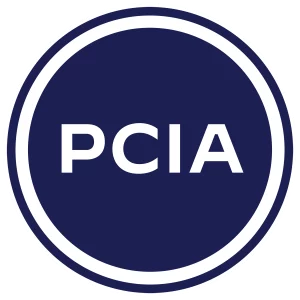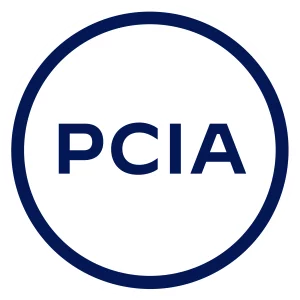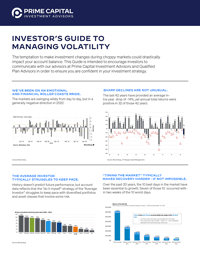It’s no secret that Americans across the country are struggling with inflation. Mix that in with the potential of tariffs, it’s a good time to assess if your current wealth plan is inflation-ready. Here’s a checklist to help you assess if you need to make any changes for potential price hikes.
1. Review Your Expenses
Review your accounts and evaluate essential vs. discretionary expenses, for example, a mortgage versus a new carpet. This will give you an opportunity to identify unnecessary spending that you can cut back on.
Some common expenses that are good to look at critically during this audit:
- Eating out (restaurants, coffee shops, takeout, and food delivery services)
- Subscriptions (Netflix, Hulu, HBO Max, music streaming, gaming, news, and fitness apps)
- Shopping (clothing, accessories, home décor, impulse purchases)
- Gym memberships and fitness classes (especially if underutilized)
- Premium cable or satellite TV packages
- Unused or excessive memberships (warehouse clubs, beauty boxes, wine clubs, etc.)
- Frequent travel and vacations (weekend getaways, flights, hotels, and entertainment expenses)
- Luxury services (salon visits, spa treatments, manicures/pedicures)
- High-end brand-name products (designer clothing, accessories, and gadgets)
- Hobby-related expenses (collectibles, gaming, crafting supplies)
- Tech upgrades (latest smartphones, tablets, and accessories)
- Excessive dining or entertainment expenses (concerts, sporting events, amusement parks)
2. Emergency Savings
This is also a good time to make sure you have a sufficient emergency savings account. These are liquid assets that you can easily access if needed. Ideally, this should have 3-6 months’ worth of expenses, but the amount will depend on your situation.
3. 50-30-20 Budgeting Rule
If you’re struggling to know if you’re living within your means, the 50-30-20 rule can add some clarity. The rule breaks out like this: 50% for “needs,” 30% for “wants,” and 20% for savings/investments. During times of inflation, you may want to review and consider decreasing that 30% allocation for “wants” down to, perhaps, 25% or 20% or lower. In other words, it’s important to be adaptable to the economic climate and be honest with yourself about how much you should use for discretionary spending.
4. Investment Considerations
This is a good time to really assess the markets and determine if your risk tolerance has shifted. If you have a financial advisor, address any concerns about staying in or exiting the market with them. With inflation on the rise, you may want to opt for strategic investment adjustments rather than impulsive decisions. This can potentially include moving your money into fixed-income investments such as bonds, certificates of deposits (CDs), or fixed annuities.
If you decide to shift your money into different investment accounts, make sure it’s a decision that aligns with your situation and your goals.
5. Practical Cost-Cutting Examples
While many bills are a fixed amount, you may want to look into them to see if some can be renegotiated. You may be able to lower expenses for service contracts like internet or insurance. You may also be able to lower your credit card rates. While there’s no guarantee, it never hurts to call a service representative and see if a better price is available.
If you are worried about inflation and the impacts it may have on your wealth plan, we’re here to help you create a plan that accounts for inflation and other market fluctuations. Give Jason Noble a call today at (843) 743-2926 or call Andy Merchant at (316) 669-9413 to take the first step in creating an inflation-ready wealth plan.
This article is for general information only and should not be considered as financial, tax or legal advice. Prime Capital and its associates do not provide legal or tax advice. Individuals should consult with an attorney or professional specializing in the fields of legal, tax, or accounting regarding the applicability of this information for their situations.
Advisory products and services offered by Investment Adviser Representatives through Prime Capital Investment Advisors, LLC (“PCIA”), a federally registered investment adviser. PCIA: 6201 College Blvd., Suite#150, Overland Park, KS 66211. PCIA doing business as Prime Capital Financial | Wealth | Retirement | Wellness.
MTM-694960-2025-02-26





